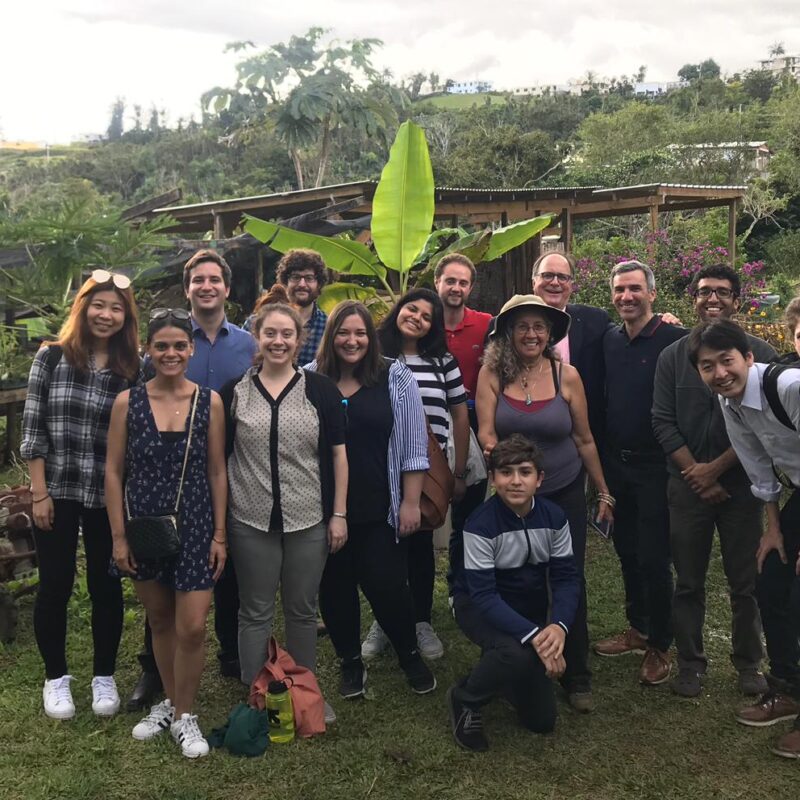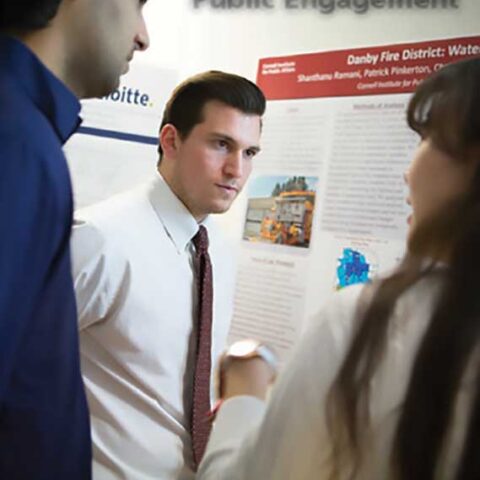Public Engagement
Public Engagement: the heart of the MPA Program

Our students often say that they’re drawn to the MPA Program because of the emphasis we place on experiential learning. And graduates regularly list their Public Engagement experiences as key in helping them develop the skill set they need to be successful in their future careers.
In addition to internship and externship opportunities, as well as numerous other courses with experiential learning components, we offer two intensive consulting courses that are client-based. Both are designed as service-learning partnerships. Students engage with government and nonprofit client-organizations to work on pro bono consulting projects. Clients may be locally, nationally, or internationally based.
In the MPA program, there are several options for fulfilling the Practical Experience requirement for the MPA. Real-world consulting opportunities, internships, off-campus study, and Capstone experiences help you develop the skill set you need to be successful in your future careers.
Your public engagement roadmap

Capstone Guide
Our students often say that they’re drawn to our Master of Public Administration program because of the emphasis we place on experiential learning.
Guide to the Cornell Brooks School MPA Capstone & Public Engagement
